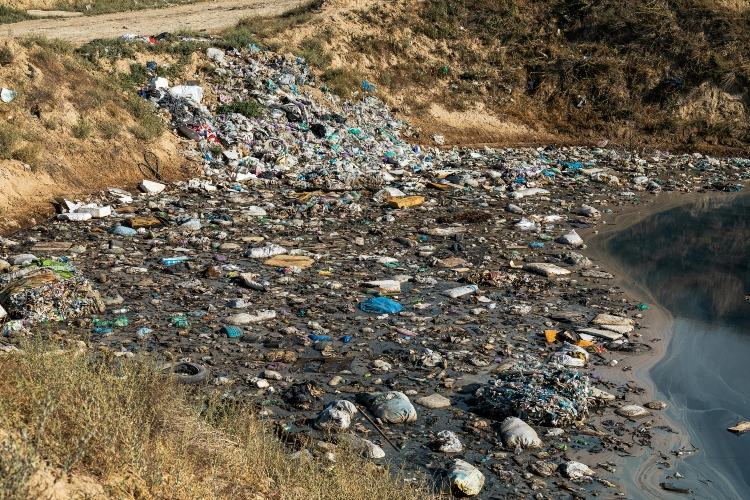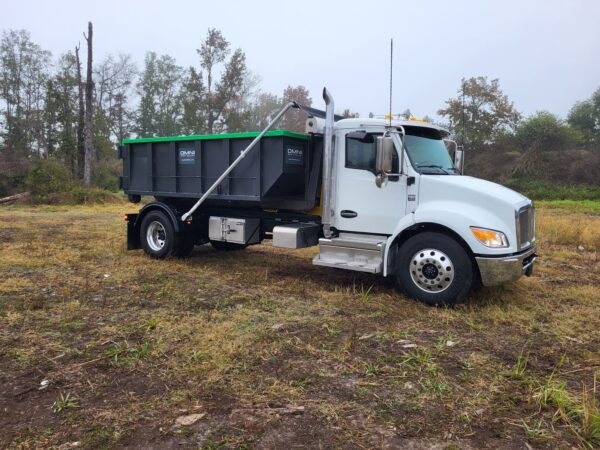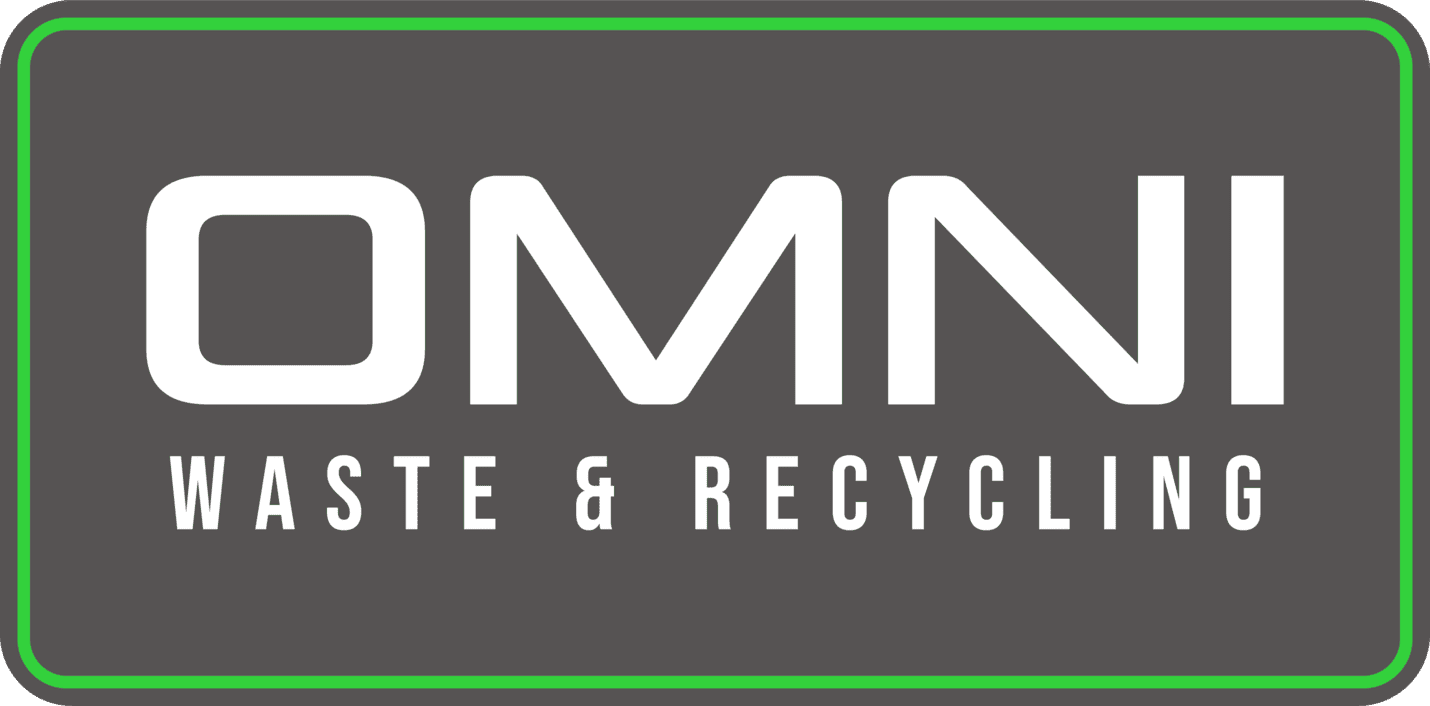Illegal dumping is more than just an eyesore—it’s a serious environmental and legal issue affecting communities across Hilton Head and greater Beaufort County. Whether it’s an abandoned mattress on the side of the road or construction debris tossed in a wooded area, improper disposal of solid waste damages property, threatens wildlife, and puts local residents at risk.
For county residents and businesses alike, understanding the impact of illegal dumping in Hilton Head—and how to avoid being part of the problem—is essential for protecting the Lowcountry’s natural beauty and complying with local laws.
What Is Illegal Dumping?
Illegal dumping occurs when individuals or businesses dispose of trash, debris, or hazardous waste on public or private property without permission. This includes dumping materials in vacant lots, storm drains, roadsides, wooded areas, or behind commercial buildings.
Some common examples of illegal dumping in Hilton Head include:
- Household furniture or appliances left on the curb without a scheduled pickup
- Construction debris dumped on undeveloped land
- Bags of trash thrown into commercial dumpsters without consent
- Disposing of hazardous waste like paint, oil, or chemicals in non-designated areas
Improper disposal doesn’t just impact appearance—it can pollute waterways, attract pests, and damage property owned by both municipalities and private residents.

The Impact on Hilton Head and Beaufort County
Hilton Head is known for its pristine beaches, scenic marshlands, and carefully preserved residential neighborhoods. But illegal dumping puts all of that at risk. Unlike a legal trash dump or approved landfill, an illegal dump site lacks containment, monitoring, and safety protocols. That means dumped materials can:
- Leach toxic substances into soil and groundwater
- Clog drainage systems and increase flood risk
- Harm wildlife that comes into contact with waste
- Lower nearby property values
- Increase cleanup costs for property owners and local government
Because of these risks, Beaufort County actively enforces anti-dumping laws and encourages residents to dispose of waste properly.
Illegal Dumping Fines and Penalties in Hilton Head
In South Carolina, including Hilton Head and surrounding areas, illegal dumping fines are imposed at the county and state levels. The penalty depends on the type and volume of material dumped.
Common consequences include:
- Fines starting at $200 and up to $1,000 or more
- Community service requirements
- Mandatory cleanup costs
- Criminal charges for repeat or large-volume offenses
Beaufort County has implemented stricter penalties in recent years due to increasing complaints about roadside litter and unauthorized dumping in natural areas. Even small-scale dumping by residents can result in citations if the waste ends up on public or private property without permission.
If you’re a property owner, you may also be responsible for cleaning up dumped waste, even if you didn’t place it there. That’s why reporting suspicious activity and securing your land is so important.

Why Illegal Dumping Happens
Illegal dumping often happens for three reasons:
- Lack of awareness – Some residents may not know how or where to legally dispose of waste.
- Avoiding fees – Contractors or individuals may try to cut corners by dumping instead of paying for disposal.
- Limited access to disposal options – Infrequent pickup schedules or confusion about where to bring materials can lead to poor decisions.
Legal Ways to Dispose of Waste in Hilton Head
There are many legal, affordable, and accessible ways for county residents to handle waste disposal. Some of the most reliable options include:
1. Use Approved Solid Waste Facilities
Beaufort County operates multiple convenience centers for residents to drop off bulk waste, household trash, and recyclables. For example, the Hilton Head Convenience Center on Dillon Road is open for residential use and accepts most items free of charge.
2. Rent a Dumpster for Large Projects
If you’re remodeling your home, clearing out a property, or managing a construction site, a roll-off dumpster is the safest and most efficient way to manage waste. Omni Waste offers flexible rental options for both residential and commercial jobs in Hilton Head.
3. Follow Hazardous Waste Disposal Guidelines
Items like batteries, motor oil, paint, and household chemicals must be taken to designated hazardous waste collection sites. Beaufort County holds regular collection events to keep these materials out of the regular waste stream.
4. Report Illegal Dumping
Residents who witness illegal dumping in Hilton Head are encouraged to report the incident to the Beaufort County Solid Waste and Recycling Department. Taking action helps protect your neighborhood and reduces future cleanup costs.

How Omni Waste Helps Reduce Illegal Dumping
At Omni Waste, we’re committed to keeping Hilton Head clean and free of illegal debris. We provide reliable dumpster rentals and support for:
- Home renovations
- Roofing projects
- Property cleanouts
- Commercial construction
- Business waste removal
Our team helps customers choose the right dumpster size, understand what can and can’t go in the container, and ensure that all materials are hauled away and disposed of at authorized facilities.
Final Thoughts: Do Your Part to Keep Hilton Head Clean
Illegal dumping isn’t just against the law—it’s a direct threat to the environment, health, and beauty of Hilton Head and Beaufort County. Fortunately, it’s also preventable. By using approved disposal services, renting a dumpster when needed, and staying informed about local guidelines, residents and business owners can make a difference.
If you’re planning a project and need a simple, legal way to handle debris, Omni Waste is here to help. Contact us today to learn more about our dumpster rental options and keep your property—and Hilton Head—clean and compliant.

